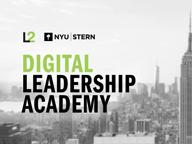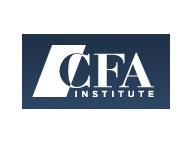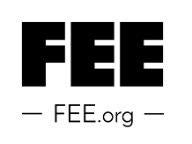Press Releases
—
NYU Stern and L2 Debut Inaugural Digital Leadership Academy for Iconic Brands in Retail, Beauty, CPG and Luxury
—

NYU Stern School of Business and L2, a digital benchmarking firm founded by the School’s Professor of Marketing, Scott Galloway, held the first annual Digital Leadership Academy at Stern from July 13-14. The two-day event, featuring speakers from Stern, other leading business schools and L2, hosted C-level executives from some of the world’s most iconic consumer brands.
Press Releases
—

NYU Stern School of Business and L2, a digital benchmarking firm founded by the School’s Professor of Marketing, Scott Galloway, held the first annual Digital Leadership Academy at Stern from July 13-14. The two-day event, featuring speakers from Stern, other leading business schools and L2, hosted C-level executives from some of the world’s most iconic consumer brands.
























